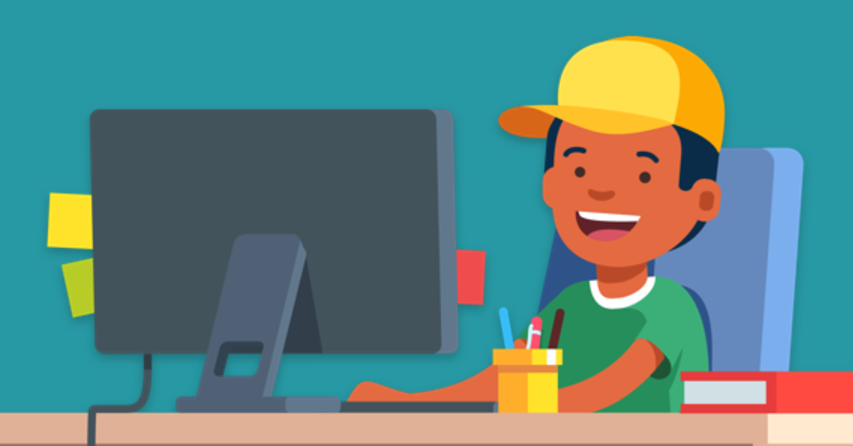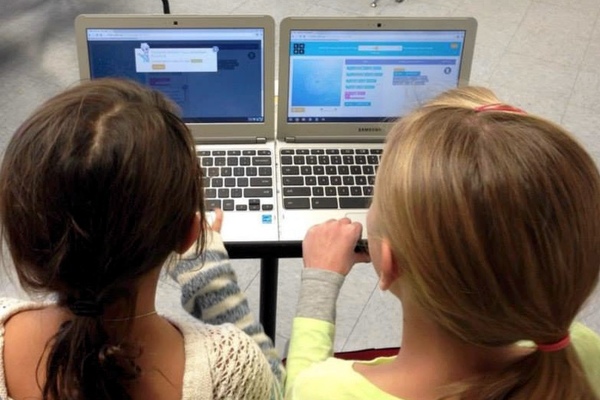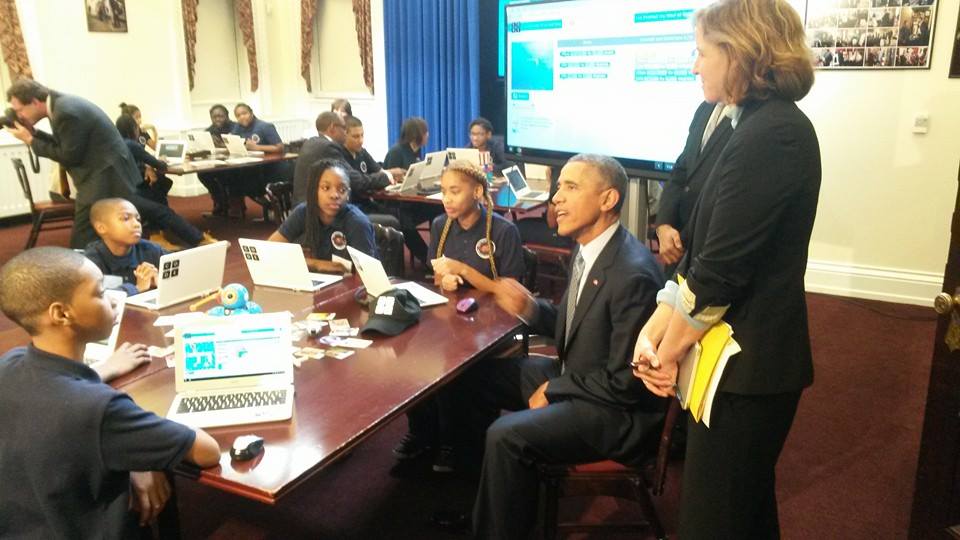Today is the start of Computer Science Education Week, with tech companies, politicians, celebrities, teachers and schools around the world donating their time and support to advance CS education.
At the heart of the week is the Hour of Code campaign, a way to get not only students, but people of all ages to try computer science for just one hour. Available on Code.org is a selection of tutorials and video lectures from the likes of Mark Zuckerberg, Bill Gates, Will.i.am and Chris Bosh on the importance of learning computer science. Meanwhile, Google Education, Microsoft Research and the creators of Angry Birds, among others, are hosting discussions on various programming topics: basic coding, game and app development, JavaScript, Python, and more.
Teachers, provided with instructions and teaching tips, are encouraged to set up Hour of Code tutorials on their students’ devices throughout the week and beyond, as the tutorials won’t disappear after the week ends on Dec. 15. According to Code.org cofounder Hadi Partovi, 5 million students in 35,000 schools across 167 countries have already been signed up for an Hour of Code.
“When Code.org was getting off the ground just six months ago, our founder Hadi had the seemingly crazy idea for the Hour of Code, to get 10 million students to try computer science for one hour,” said Code.org social strategist Roxanne Emadi. “Considering that tons of kids think coding is just for nerds, our goal is to just expose every student to computer science, to tear down the veil that separates a regular student from the Mark Zuckerbergs, and show that the anyone can learn the basics.”
On top of the Code.org tutorials, companies such as Apple and Microsoft are offering free tutorials in their online stores, while Google Disney, Yahoo, MSN and other sites are hosting Hour of Code on their homepages.
“We’ve had unprecedented support—not only from CEOs, celebrities, and world leaders, but from teachers, parents and students, in the thousands and millions, to spread a simple idea: that computer science should be accessible to every 21st-century student,” Partovi wrote in a blog post.





